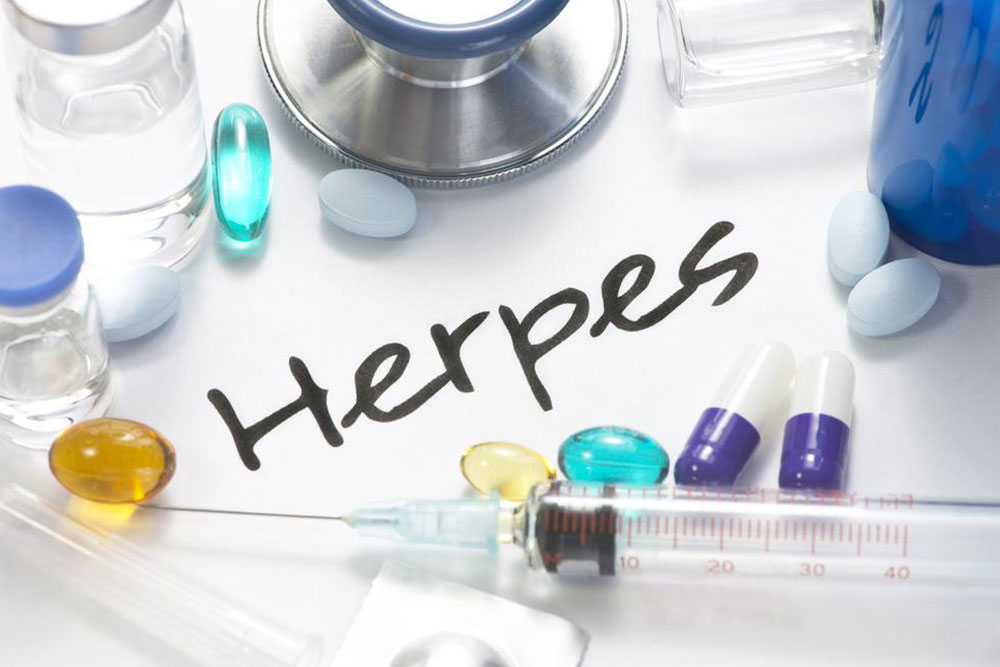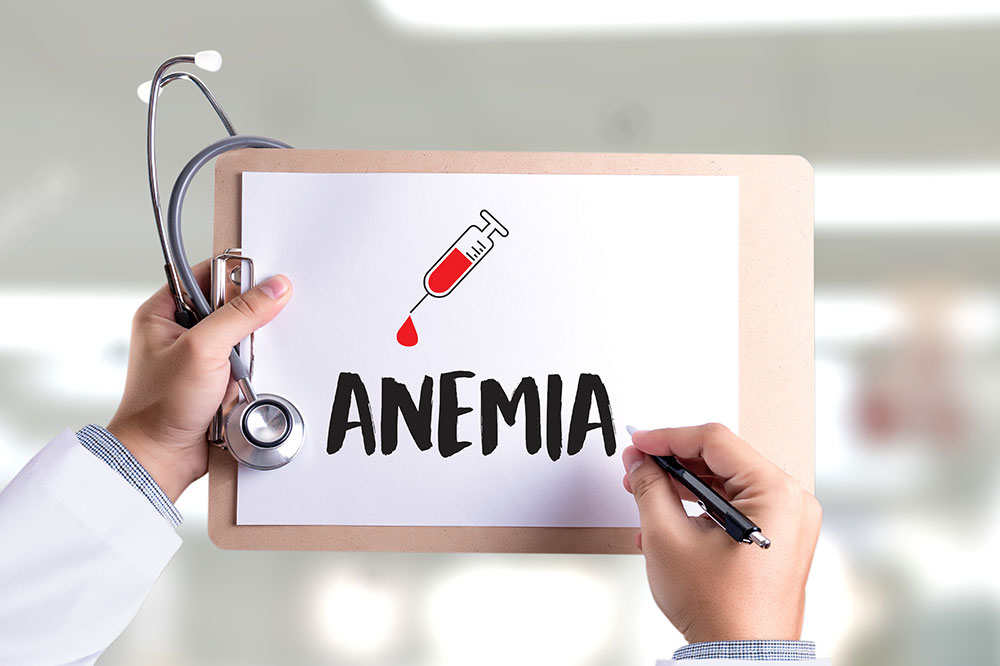Key Factors Influencing Prostate Cancer Development
This article explores key factors that influence prostate cancer risk, including age, race, genetics, lifestyle, and diet. It highlights the importance of understanding demographic and genetic factors while noting areas needing further research. The content emphasizes the role of lifestyle and dietary choices and clarifies that medical advice should always be sought from healthcare professionals. Stay informed to better assess your risk and make healthier choices for prostate health.

Factors Affecting Prostate Cancer Risk
Prostate cancer is influenced by various risk factors that increase the likelihood of its occurrence in men.
Demographic Factors
Age: The disease predominantly affects men over 65, with cases being rare before 40. The risk rises significantly as men age.
Race/Ethnicity: African American and Caribbean men of African descent face higher risk levels, including doubled mortality rates. Other groups experience lower incidence.
Geographical Distribution: Developed regions like North America, Northwestern Europe, Australia, and the Caribbean show higher rates of prostate cancer.
In contrast, populations in Asia, Africa, Central, and South America tend to have lower prevalence rates.
Genetic Factors
Family History: While most cases occur without a family history, having a brother with prostate cancer doubles a man's risk. Multiple affected relatives significantly increase the likelihood.
Genetic Markers: Certain genes, such as BRCA1/2 (linked to breast and ovarian cancers) and HNPCC (Lynch syndrome), may slightly elevate prostate cancer risk.
Emerging research suggests these genes could marginally contribute to risk in men.
Additional Potential Influences
Research indicates lifestyle factors may play a role, but evidence remains inconclusive and further studies are necessary.
Diet: Diets high in red meat and saturated dairy products have been associated with increased risk, whereas diets rich in fruits and vegetables may offer protective effects.
Smoking: While smoking does not directly increase prostate cancer risk, it might raise the chance of death from the disease.
Vasectomy: Some studies point to a slightly elevated risk in men who have undergone vasectomy, but findings are inconsistent, requiring additional research.










